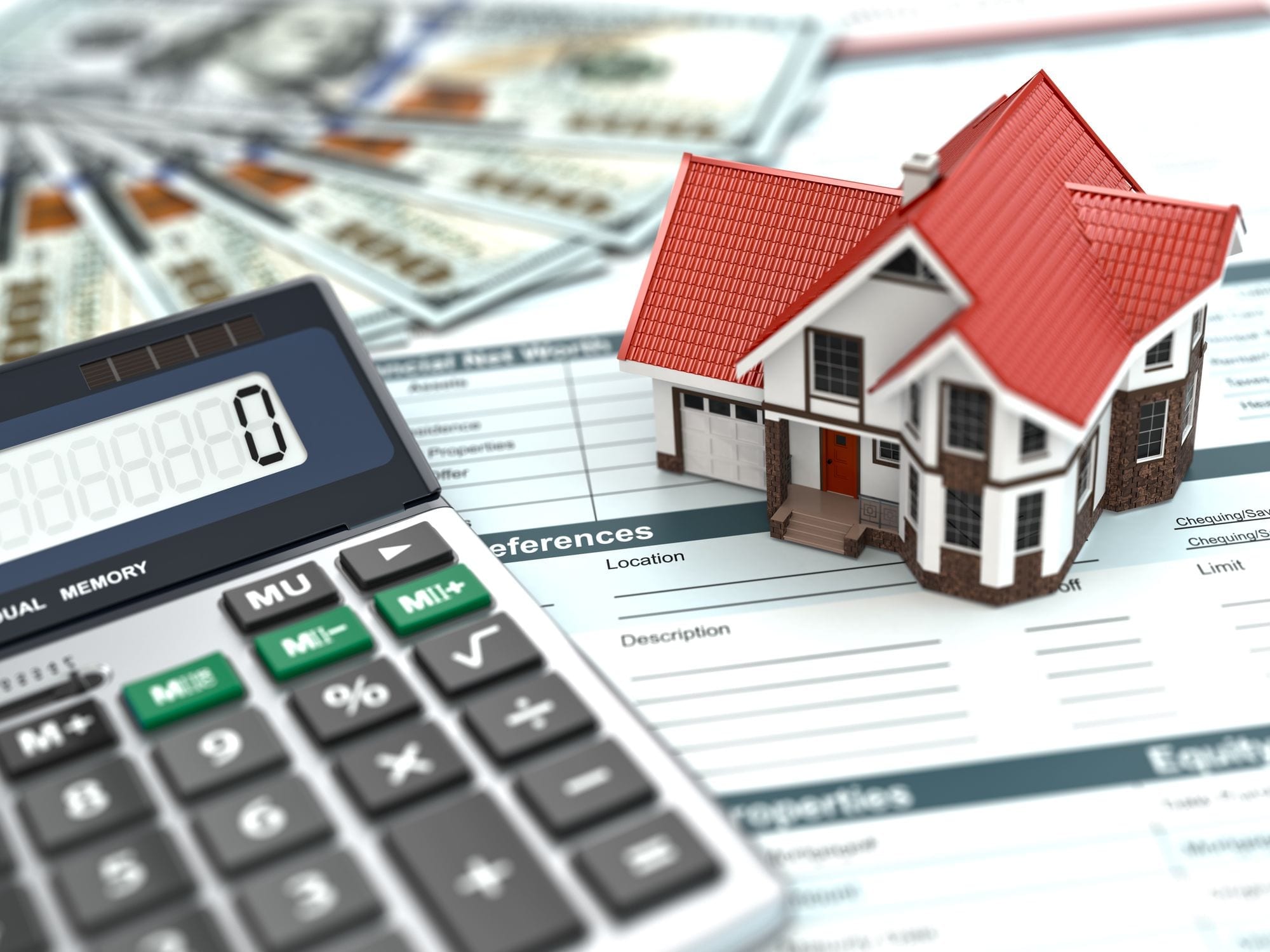Understanding Mortgage Rates

When you start searching for a mortgage, one of the first terms you’ll learn about is mortgage rate. What are mortgage interest rates, how do they affect your monthly payment, and how do you know if you’ve gotten the best mortgage rate around? It’s time to talk about this vital part of the home financing process.
What Is a Mortgage Rate?
When you take out a mortgage, the mortgage rate is the interest rate you are charged as part of your monthly payment. Unlike regular loans, mortgage interest rates can be fixed at a certain rate, or the rate can vary based on market prices. What type of rate you get depends on whether you have a fixed, adjustable, or variable mortgage.
When it comes to Islamic home financing, it is important to note that you are not getting a loan. However, Islamic home financiers typically benchmark their rates with the prevailing mortgage rates in the United States. This is done partly to make it easy for consumers to comparison shop as they look for the right home financing. However, it is not riba, as you do not borrow money — the contract is based on a different foundation.
How Mortgage Rates Are Determined
To determine the mortgage rate you will receive, there are a number of factors to consider that can increase or decrease your rate. This includes:
- Credit Score. The biggest risk that traditional mortgage lenders take is lending money out. They want to make sure that you can afford the house you are buying. Your credit score and credit history will determine how much of a risk you are. The higher the score, the lower the rate.
- Loan-To-Value Ratio. Your LTV ratio is how much the loan is going to be for versus how much the value of the home in question is. Opting for a more affordable home and paying a larger down payment are good ways to make the ratio work in your favor.
- Federal Rates. Federal rates are based on the economy and inflation. If we have a major depression, the rates drop. This is not within your control, but it can change the rate you receive.
Types of Mortgage Rates
It’s important to understand that your mortgage rate will dictate a large part of your monthly mortgage payment. It’s also the main part of your APR, or annual percentage rate, which totals the interest that you pay along with any fees that you may have to pay on top of that.
These are the types of mortgages that you may encounter and how their rates differ.
1. Fixed Rate Mortgages
A fixed rate mortgage will have the same mortgage interest rate throughout the life of the loan.
Pros:
- A fixed rate loan makes your monthly bills more predictable, which is important if you want stability in your monthly payments.
Cons:
- If mortgage rates shrink, you might miss out on a way to save money on your monthly payment.
- They also can be higher than other mortgage rates.
- You may have to strategize in order to get the lowest interest rates possible.
2. Adjustable Rate Mortgages
An adjustable-rate mortgage, or ARM, is a mortgage loan that starts with a low rate and then periodically adjusts to the market’s value.
Pros:
- Your mortgage rate can go down if the market is down.
- You start off with a lower mortgage rate that can last for years.
Cons:
- It’s unpredictable and can easily turn a home unaffordable if it has no rate cap.
- You can’t plan ahead as easily with an ARM.
- When it goes up, it can go up pretty steeply.
3. Variable Rate Mortgages
Variable rate mortgages will be adjusted and changed, just like ARMs. The difference is how frequently they change and the specific terms.
Pros:
- Your mortgage rate can go down if the market is down.
- You start off with a lower mortgage rate that can last for years.
Cons:
- It’s unpredictable.
- You may need to pay more than your home’s principal.
What Is APR?
APR stands for annual percentage rate, and it’s very similar to your mortgage interest rate. Both allude to interest, but the truth is that they are different.
The mortgage rate is the bare-bones interest rate that is going to be tacked onto your loan. APR is always a bit higher. This is the total amount of extra interest and fees that are tacked onto a conventional loan. So, it’s your mortgage rate along with the fees involved.
What Is Mortgage Insurance?
One of the other issues you may run into is mortgage insurance costs. Private mortgage insurance is a form of insurance that offers coverage for the mortgage lender if you are unable to make your monthly payments. This insurance helps banks recover the costs of going through foreclosure as well as the cost of sales.
You do not benefit from mortgage insurance. The mortgage lender does. Typically, if you have a down payment less than 20 percent on a traditional loan, you may be required to buy mortgage insurance in order to be approved for financing.
How Islamic Home Finance Companies Benchmark Rates
Islamic financing is not a mortgage loan—it is based on a completely different foundation. Despite that, Islamic home financiers typically benchmark their rates with the prevailing mortgage rates in the United States. This is done partly to make it easy for consumers to comparison shop as they look for the right home financing. It is not riba, as you are not borrowing money or making any interest payment. Guidance Residential has examined this method of calculating a profit and found it to be completely Shariah-compliant.
It’s also important to note that any financing in the United States has to follow governmental rules and regulations. So Islamic financing will look similar externally to a mortgage. Again, however, under that surface, it’s a completely different product. Comparing Islamic financing with a mortgage loan is like examining two different cakes with similar icing on top. At Guidance Residential, our cake is halal.
>> Related read: The Difference Between an Islamic Mortgage and Conventional Mortgage
Avoid Hidden Fees with Guidance Residential
Traditional mortgages and loans are riddled with hidden fees. Those fees can skyrocket when it comes to matters of late payments and are often realized as profit. But at Guidance Residential, there are no interest charges on late payments under our program. With our Shariah Supervisory Board’s approval, late payments are only subject to a capped fee of $50 that covers the expenses involved in administering a late payment.
This leads to less stress, more predictability, and more affordability. That’s the beauty of halal financing.
Your Guidance Residential Account Executive is here to help with any questions. Looking to refinance or purchase? Have a friend or family member who is looking for a home? Visit this link to get pre-qualified today!
Originally posted in August 2022, updated December 2023.




